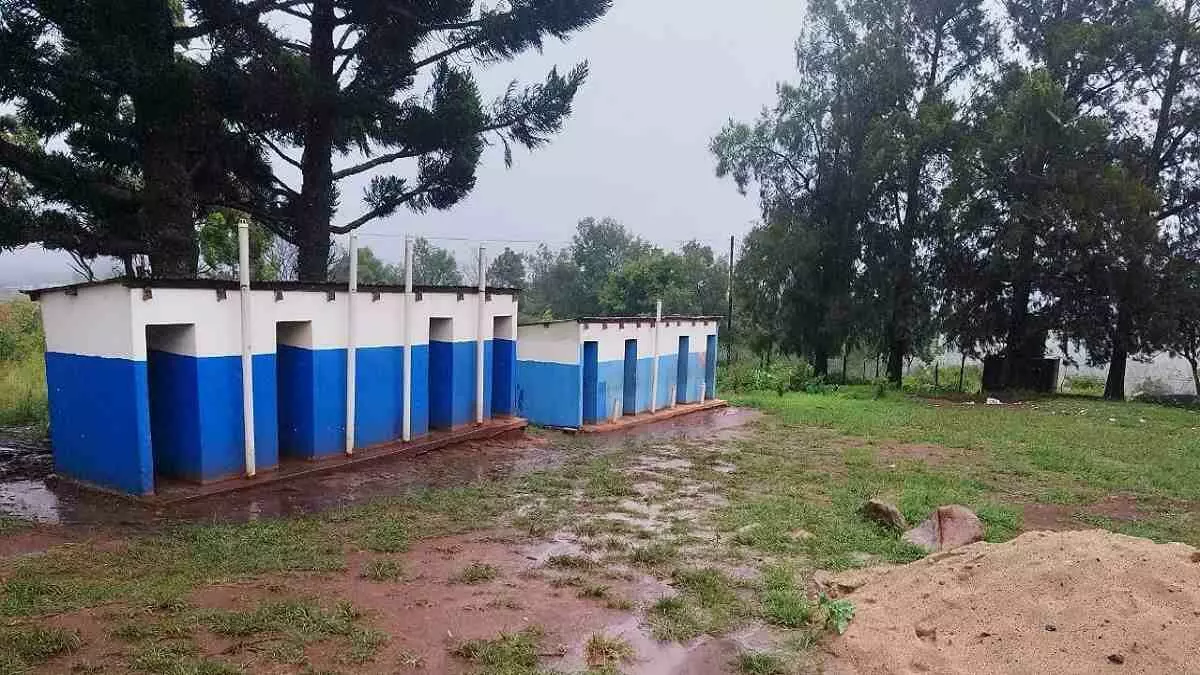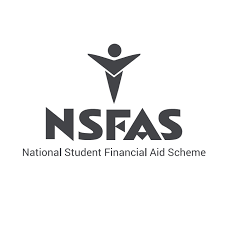The National Student Financial Aid Scheme wants to ensure that the 2023 academic year gets off to a good start. Part of this is ensuring that funded students receive all of their allowances on time and not face delays that could have an impact on their academic year.
Universities South Africa (USAf) recently requested a meeting with key stakeholders after noting several concerns in respect to the proposed changes to the way Nsfas will conduct business in 2023.
Earlier this year, the National Student Financial Aid Scheme (Nsfas) approved draft guidelines for the 2023 academic year which will be submitted to the Minister of Higher Education, Science and Innovation Blade Nzimande for approval.
These draft guidelines, if approved, will impact students and how the bursary funds are managed.
USAf raised their concerns as Nsfas plans to issue students with paid-for banking cards and services (that are currently free), challenge proposed financial capping of accommodation allowances, and an envisaged plan by Nsfas to accredit student accommodation without the assistance of universities.
Key stakeholders attended the meeting requested by USAf including Nsfas members, the higher education department, several university representatives and the SA Union of Students (SAUS).
USAf stressed that the meeting aimed to bring about solutions and the formulation of a joint risk mitigation strategy while ensuring that universities can register students without significant disruptions.
One matter that was discussed was Nsfas’ paid-for banking cards and services. Nsfas explained that this will allow them to pay allowances directly to students and not rely on third party service providers. The funding scheme also believes that this will also give students more control over their money.
USAf said they were concerned as to whether Nsfas was ready to begin its implementation of this student allowance payment method. This as students faced several delays in previous years due to payment delays.
Nsfas said students will be paid their allowances during the first months of the new year. The scheme made provision to the tune of R3.5 billion for the payment of student allowances between February and April 2023.
They also said they will pilot the direct payment of allowances to students at three universities. Other institutions may apply to Nsfas for exemption from this payment solution. This exception may be on the condition that they have efficient processes and systems for disbursing allowances to students.
USAf also raised concerns with Nsfas’ proposal to cap the student accommodation allowance of R45,000. They warn that empirical data should be used to underpin the capped student accommodation allowances to ensure students have access to suitable accommodation while obtaining their qualifications.
Nsfas agreed to reconsider the timelines in consultation with the Ministry and Department, given the identified risks associated with the proposed approach.
The policy has not yet been approved by the minister, however, Nsfas has issued multiple media statements announcing the launch of the Nsfas Mastercard payment solution.






